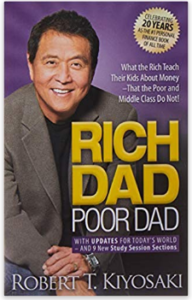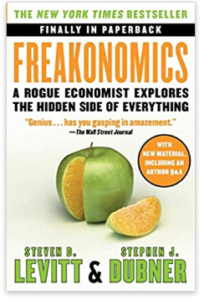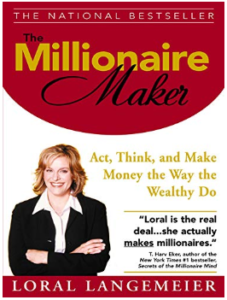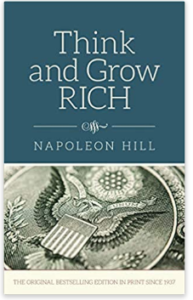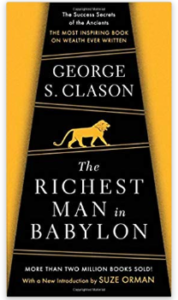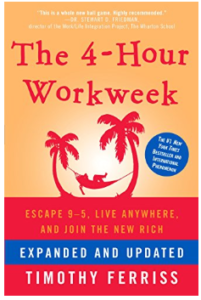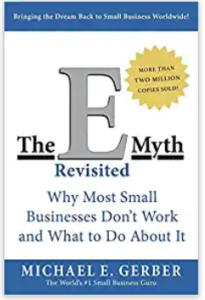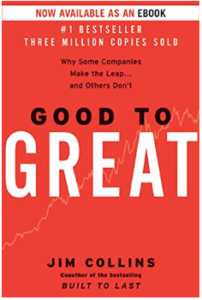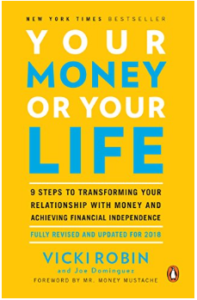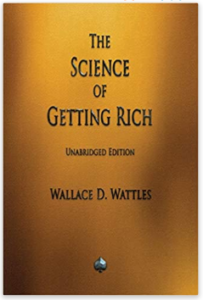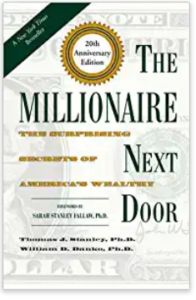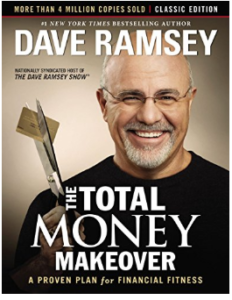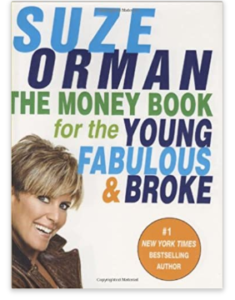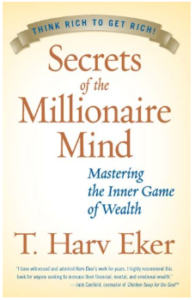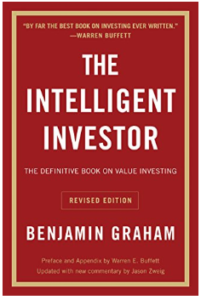
This article is about books on how to make money, but it also includes a lot more than that, such as . . .
- why some of the best ways of becoming wealthy cannot be learned well from a printed book,
- why there are better ways of learning in addition to books,
- how to read with a clear purpose,
- And lots more.
Contents.
- Introduction
- How to make money – general learning.
- Read about what will help you make money most effectively.
- Categories of books about how to make money.
- Classic books on making money
- My recommended books on how to make money:
- Other popular books on wealth building:
- Don’t believe everything you read!
- Even better ways of learning how to make money:
- A picture can be worth a thousand words
- Why, for some ways to make money, books are not the best source:
- Give yourself the best chance of becoming wealthy
First, let’s start with some definitions:
How money is made.
Business is the activity of making money.
It involves buying and selling products or services.
Money is a medium of exchange for transactions between buyer and seller.
In the US currently, 7.9% of the population own a business, with most other people working for someone else’s business (or government institutions etc.). Some people do both.
The big difference between working for a business (i.e. having a job) and owning a business is the degree of risk and reward:
- having a job is low risk, with relatively low reward.
- owning a business is higher risk, but the potential rewards are very much bigger.
How to make money – general learning.
If you want to learn how to make more money, I recommend that you start with a broad education on relevant subjects, so you understand basic concepts such as what money is, how it works, economics and business etc.
Then you can narrow your research as you discover which parts of the subject you are most interested in learning more about, and/or most relevant to your goals (see below).
Wikipedia as a an obvious starting point for learning about general subjects related to making money. Here are some of the relevant topic categories . . . learn a bit about each, so you have a basic understanding of the different subjects:
- ECONOMY is the top-most category, with many sub-categories including . . .
And here are a couple of book recommendations for general learning about how to make money.
The first is one of the most famous books on the subject:
Rich Dad Poor Dad: What the Rich Teach Their Kids About Money That the Poor and Middle Class Do Not!
Published more than 20 years ago, it’s still one of the classics, and an essential read for anyone interested in understanding how to make money more effectively and efficiently.
I recommend reading the whole series, in order.
And the other is also well-known . . . a fascinating book on “popular economics”:
Freakonomics: A Rogue Economist Explores the Hidden Side of Everything – by Steven D. Levitt
This fascinating book explores how incentives really work, with lots of really interesting examples.
Should help you understand how things really work in the world of business and money, which most people don’t have any clue about.
Read about what will help you make money most effectively.
Once you’ve done some general reading about broad aspects of the topics on Wikipedia (or other places such as other websites or a local library), I recommend you take the time to define your current situation, and your short-term and long-term goals.
Write down everything relevant, including your experience, skills, interests, savings, needs, etc. Don’t censor yourself initially, just brain-storm it all out . . . you can organise it later.
It can be good to have both short-term goals and long-term goals.
Long-term goals might be 7-year aims, or whatever feels right to you. Make them big enough to excite you, but not too big so they feel impossible. An example of doing this is the book “Seven Years to Seven Figures: The Fast-Track Plan to Becoming a Millionaire – by Michael Masterson“, where the author chose 7 years and 7 figures, because that was exciting but realistic to people he talked to.
You might have obvious short-term financial goals, such as getting free from debt or increasing your income soon. If not, then look at your long-term financial goals, think through the different things you might need to do in order to achieve those, and the different stages of the process, and there . . . you have some short-term goals!
For your long-term goals, you are likely to need to start by learning more about how to achieve them (unless you already know what you need to do and just haven’t done it yet, see below for more on that). You might need to research several different possibilities, and then, once you know more about each, narrow down your research and actions until you are succeeding.
Your short-term, daily and weekly goals, must be in terms of your own actions.
The reason is that you can choose to commit to doing things yourself, but if you’d defined goals in terms of what other people will do, then those are outside your control.
Choosing to commit to actions is a good thing to do, and will help you get results. But don’t be too hard on yourself if you don’t get everything done as you planned . . . have a look at the reasons why and adjust your planning accordingly (or learn more about how to do those actions more efficiently).
Now you’ve thought about what you need to learn more about, in order to make more money, you can read with a purpose, even if the initial purpose is to discover what would be best to focus on.
Here’s my recommendation of a book which can get you thinking in ways which result in making more money . . .
The Millionaire Maker: Act, Think, and Make Money the Way the Wealthy Do – by Loral Langemeier.
She takes ordinary people and gets them making changes in their lives which result in much more wealth.
Definitely a good book to read if you want to become richer!
Categories of books about how to make money.
Since we are looking at books about how to make money, Amazon.com is a good place to start.
Here are some of their relevant book categories, to help you explore books on the subject (click any one to see more details and sub-categories etc.):
Classic books on making money:
There are two well-known classics about building wealth . . .
Think and Grow Rich – by Napoleon Hill.
This book has sold over 100 million copies.
Many of the principles it details are timeless, while others have been improved upon since it was written. For example EFT (“Tapping”) is much more effective than visualising success (which can actually decrease motivation).
The Richest Man in Babylon – by George S. Clason
This well-known classic illustrates the concept of intelligently investing money to build wealth.
Definitely a vital concept to understand and use in practice!
My recommended books on how to make money:
Here are 3 more of my most recommended books on becoming wealthy:
The 4-Hour Workweek. Escape the 9-5, live anywhere and join the new rich – by Timothy Ferriss.
Outsource your life!
A great book to get you seeing things differently and to inspire you to work smart rather than hard.
If you are not familiar with outsourcing, online business etc. it’s a good place to start, and get some inspiration, although you’ll need to find more details if you want realistic information to go in this direction. (See below!).
The E-Myth Revisited: Why Most Small Businesses Don’t Work and What to Do About It – by Michael E. Gerber.
Explodes many of the myths, assumptions, false expectations etc. about starting your own business.
Essential reading for anyone who wants a real business, not ownership of a “job”.
Good to Great: Why Some Companies Make the Leap…And Others Don’t. (Book 1 of 6) – by Jim Collins.
The author discovered the keys to business greatness, from a comparison of 28 different companies over 5 years.
His findings often fly in the face of common ideas, so why not read about the discoveries from someone who actually did the research, rather than incorrect theories by people who haven’t? 🙂
Other popular books on wealth building:
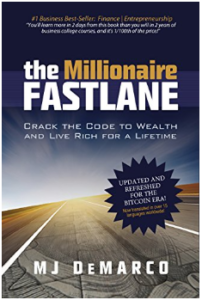
The Millionaire Fastlane: Crack the Code to Wealth and Live Rich for a Lifetime – by MJ DeMarco
Your Money or Your Life: 9 Steps to Transforming Your Relationship with Money and Achieving Financial Independence: – by Vicki Robin and Joe Dominguez.
The Science of Getting Rich – by Wallace Delois Wattles.
The Millionaire Next Door: The Surprising Secrets of America’s Rich – by Thomas J. Stanley Ph.D. and William D. Danko Ph.D.
The Total Money Makeover: A Proven Plan for Financial Fitness – by Dave Ramsey.
The Money Book for the Young, Fabulous & Broke – by Suze Orman.
Secrets of the Millionaire Mind: Mastering the Inner Game of Wealth – by T. Harv Eker.
The Intelligent Investor – by Benjamin Graham, Jason Zweig, and Warren E. Buffett
Don’t believe everything you read!
Since it was discovered that there are some laws of physics which are precisely definable and will work reliably every time, people tried to find similar “laws” for other areas. People tend to believe that the theories in areas like economics or phsychology are similarly precise and reliable, but the reality is very far from that.
For example economics is based on the idea that everyone makes perfect decisions 100% of the time, and psychology is based on the idea that humans can only be imperfect (they don’t even have a description of what a human capable of perfect decisions might look like). So, at the very least, if one of those theories is correct, then the other one fundamentally is not. Yet many people believe that both are “scientific fact” (which is a nonsense statement, anyway).
If you read a bunch of books, and really think what they are saying, it also becomes very evident that for almost every theory (presented as “established fact”), you can usually find another equally firmly espoused theory that says pretty much the opposite.
For example . . . the idea that everyone who ever succeeds at anything always has a clear plan beforehand, is presented in many books. It’s sometimes justified by long-term experiments that appear to “prove” exactly that.
And then you read in one of the “good to great” series (see above) that having a plan is irrelevant, and that some huge successes, such as McCafee, had no plan at all when they started, and even no clue what kind of industry they might be in.
Also, some of the financial “myth-busting” books state as “fact” theories which are often more incorrect than the supposed “myths”. And we have all experienced the real results of what happens when a government uses a “proven economic theory” (which just happens to make them and their friends richer at the expense of everyone else, then comes close to crashing the whole economic system).
So learn from what others are saying, but don’t believe everything. Keep an open mind.
Ultimately what matters, especially in an area such as making money, is whether the actions you take actually result in money being made, or not.
It can help to learn from people who have actually succeeded using the exact systems they teach.
And, of course, looking at the background data can help, such as when a famous politician says how successful he is because he is worth $8 billion, then you read that his father actually left him $16 billion, so what he’s actually done is waste half of it 🙂
What matters is the results YOU get with your actions. The “lean startup” philosophy can help . . . where you start with some assumptions and test them in practice (using the minimum viable product) and see what the real-world results are, and adjust from there.
This is often a more effective route to financial success than trying to understand everything “perfectly” before you start (which, given very imperfect, contradictory and rapidly-changing data, is a never-ending task). One of the best ways to do this is in online business, where testing can be rapid and cheap or even free (see below for more details).
Even better ways of learning how to make money:
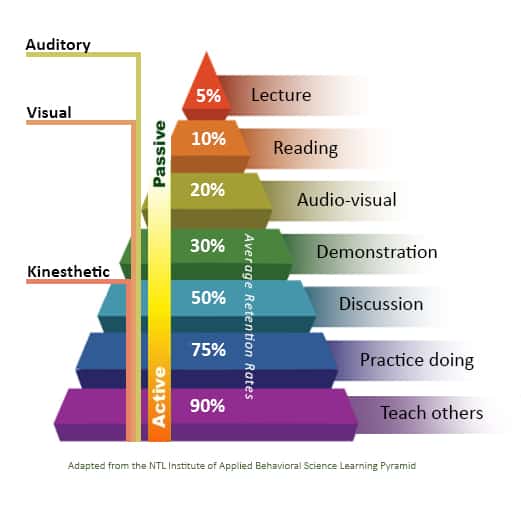
Do you know how to learn nine times more effectively than reading?
. . . the diagram (from EducationCorner) shows you how . . .
Different people will respond differently, due to whether they are mostly auditory, mostly visual or mostly kinesthetic, as well as other factors, but doing something will always result in better learning than just reading about it.
And teaching others gets you thinking about it from other perspectives which gives an even deeper learning experience.
So while attending lectures, reading and watching webinars and videos can be a good start, once you’ve chosen a focus, you need to take some action as early as possible in the process, so you get feedback from the real world. If things didn’t go as you expected, it’s a good idea to get involved in discussions with others, ask experts, find out what results other people are getting doing similar things etc. so you can adjust your systems and improve your results.
A picture can be worth a thousand words
As you saw in the section above, it’s sometimes much quicker and clearer to show something using an image, than to explain the same thing in words.
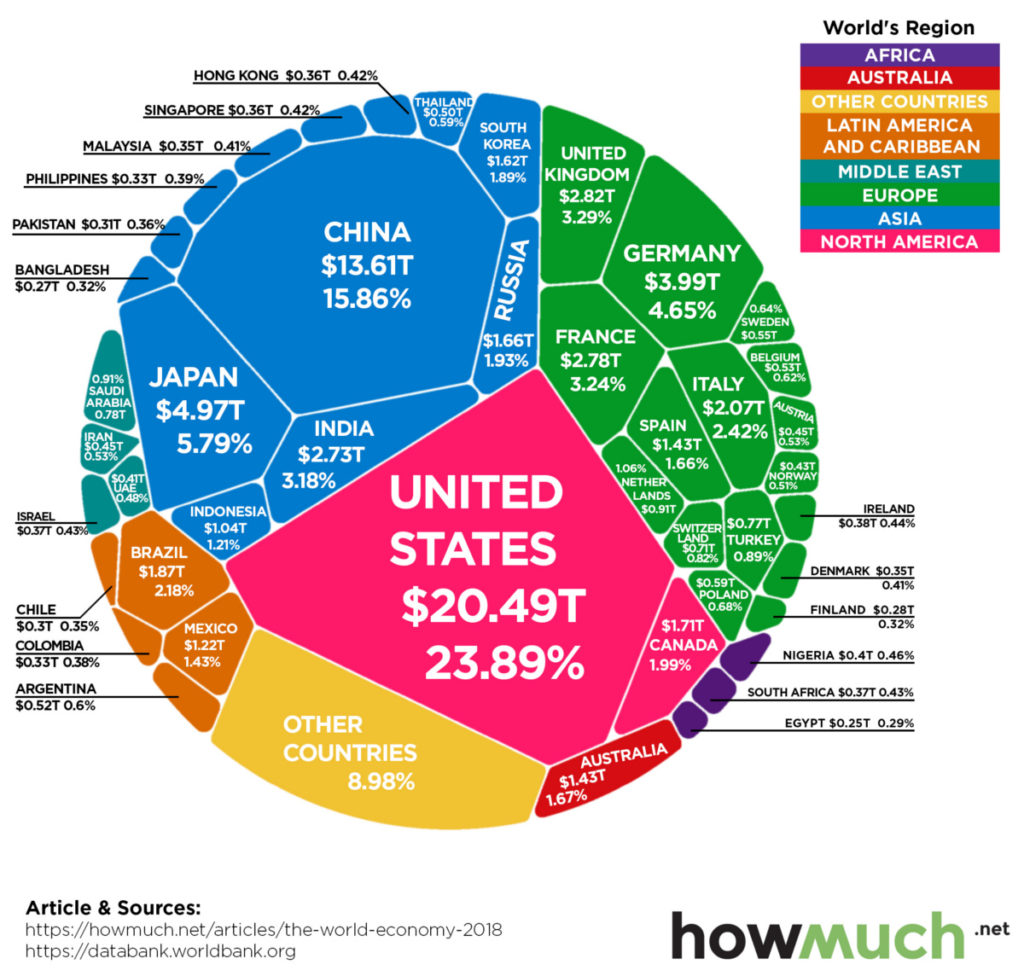
Here’s another example . . . an illustration of the world economy (from VisualCapitalist):
And there are some great animated diagrams of some economic factors, on YouTube these days.
Why, for some ways to make money, books are not the best source:
For example . . . if you want to learn about online business, while there are certainly things you can learn from books, such as general points about a small business (from books such as “the Emyth Revisited”, see above), or be inspired by ideas from books such as “the 4-hour Work Week” (see above). But to really get into practical details of implementing internet business systems effectively, books are not the place to look.
Two of the main reasons for this are:
- The book creation and promotion cycle for printed books in stores is too slow for the rapidly-changing online world
- If you’re implementing a system online, using online promotions etc. then the obvious place you’re going to talk about it is . . . online.
Give yourself the best chance of becoming wealthy:
As is made clear by “Rich Dad Poor Dad”, “Millionairemaker” and many other books, by far the best chance of becoming genuinely wealthy is to start your own business.
The many advantages of an online business make it the best choice for most people. Whether as a part-time “side-hustle” which can grow to earn a lot more than your main job, or your full-time focus, internet businesses are making great profits for a lot of people these days.
I’ve explained above why learning about things like online business is best done online, although some of the general business principles can be learned from books.
Big advantages of an online business include:
- low or zero start-up costs
- straight-forward and relatively rapid testing
- easy up-scaling once a reliably profitable system has been tested
- and many more
To give yourself the best chances of succeeding with an online business, read my in-depth article “How to Start an Online Business – that Really Makes Money!“, which includes 8 free guides, plus a free training workshop.
. . . and if you have any questions or comments, my Online Business FaceBook group is linked from the article, so come and ask me !

